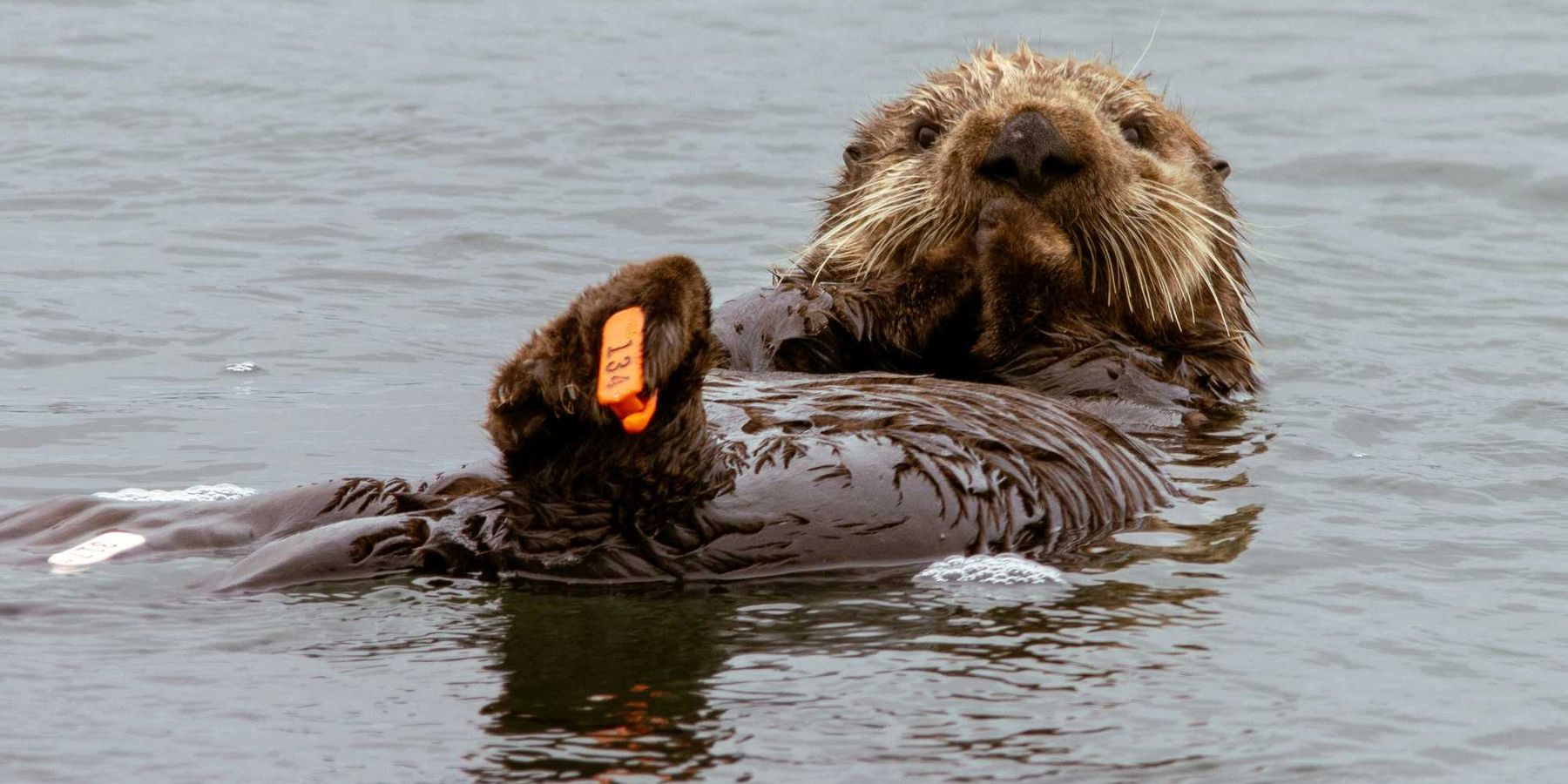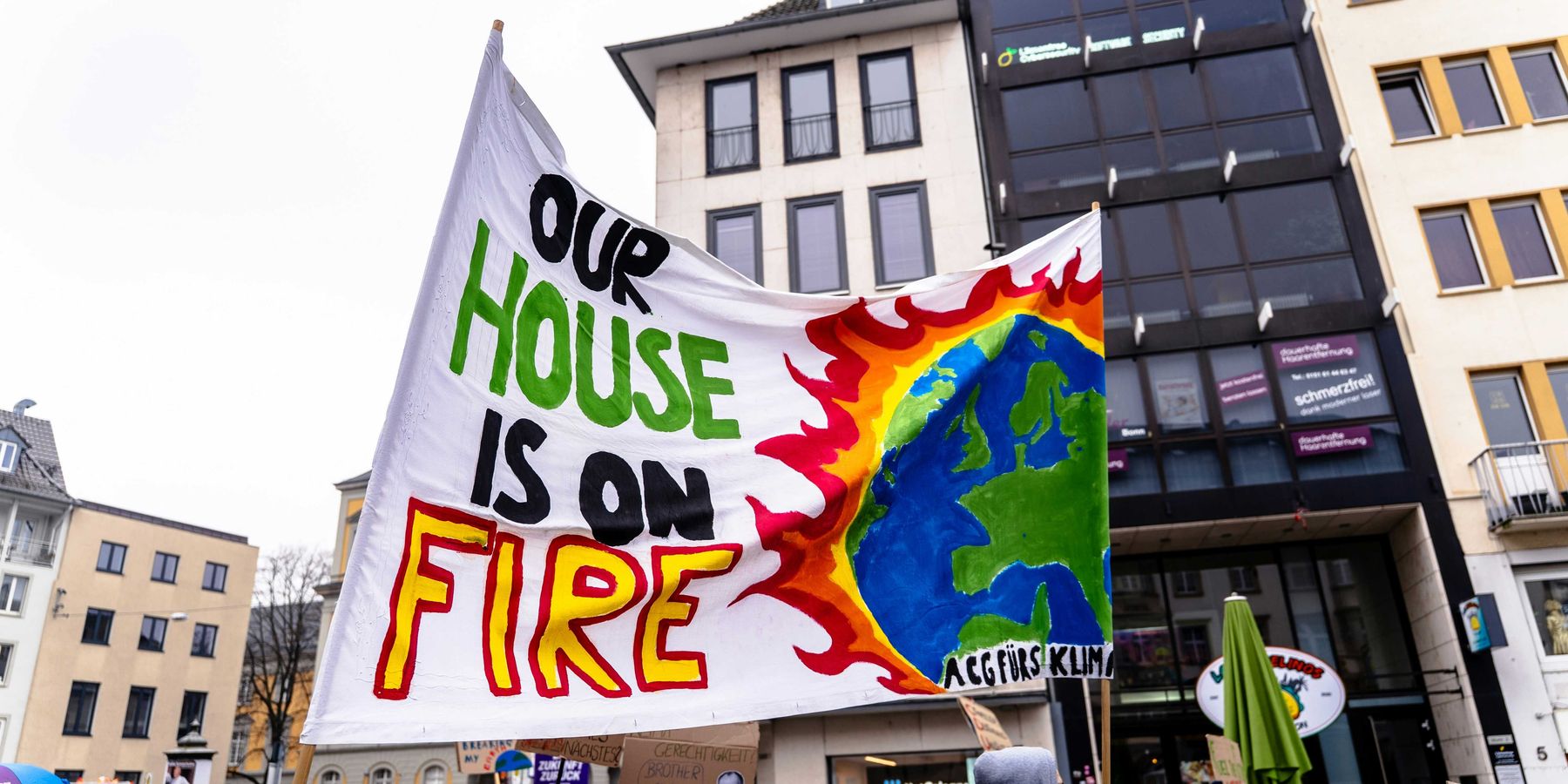21 January
Carbon credit programs aim to fund cleanup of abandoned oil wells
Companies are using the voluntary carbon market to generate funding for plugging orphaned oil wells, which emit methane and other pollutants after they are abandoned.
Naveena Sadasivam reports for Grist.
In short:
- An estimated three million orphaned oil and gas wells across the U.S. leak methane and toxic chemicals, contributing to climate change.
- Developers sell carbon credits by plugging wells and claiming avoided methane emissions, but varying methodologies and assumptions create uncertainty about environmental benefits.
- Critics warn of overestimated emissions reductions, which could undermine the credibility of these carbon credits and over-inflate corporate climate progress.
Key quote:
“There are a lot of hurdles that you have to get over in order for those [carbon] credits to be any good.”
— Adam Peltz, director and senior attorney, Environmental Defense Fund
Why this matters:
Abandoned oil wells are a major source of methane emissions, a potent greenhouse gas. While carbon credit programs offer a novel funding solution, inconsistencies in how emissions reductions are measured raise questions about their effectiveness, and risk enabling greenwashing by corporations.
Related:













